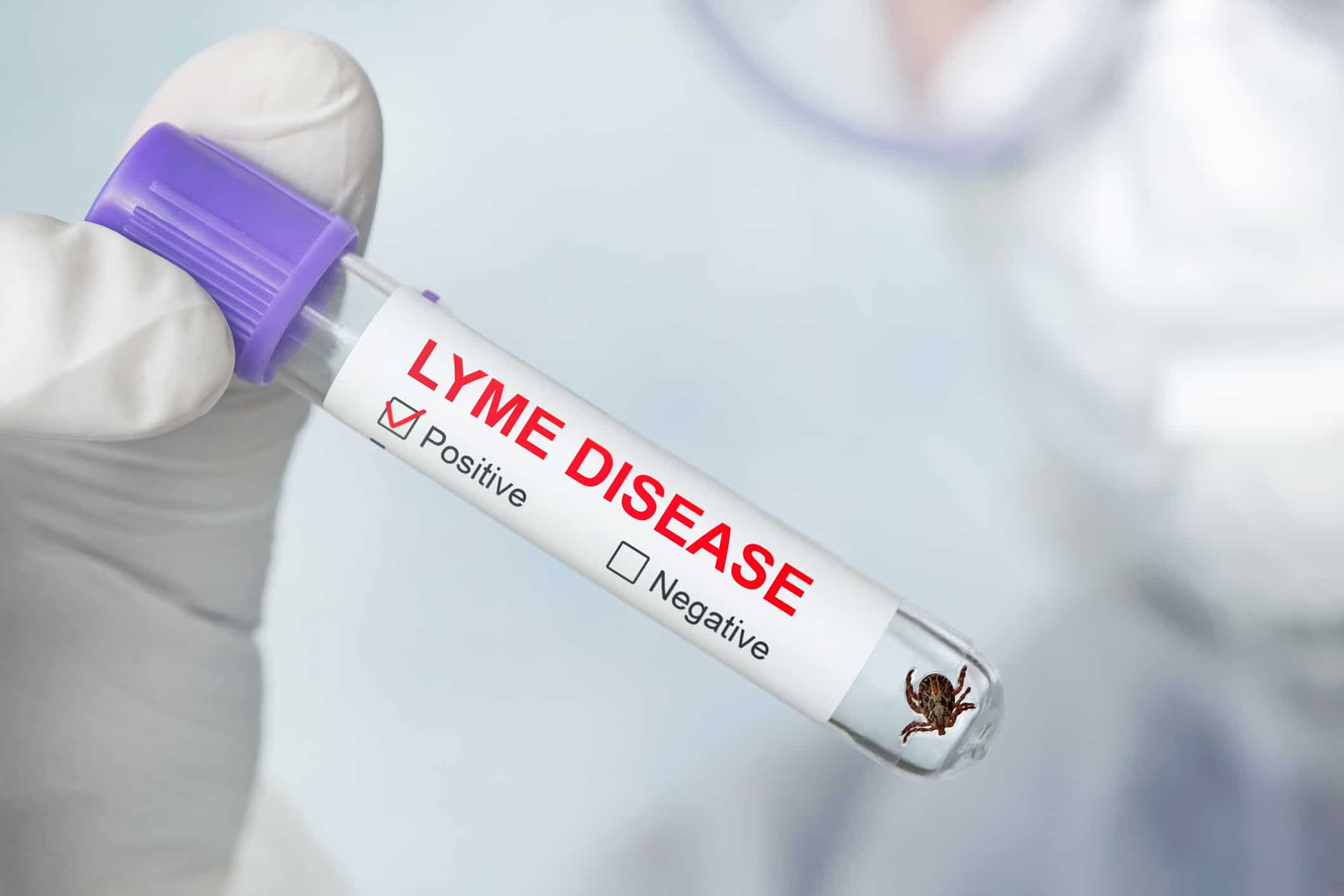Tick Management in Tennessee
Tick Control and Protection
Found in heavily wooded areas and tall grasses, ticks aren’t just a painful nuisance. As a major carrier of diseases such as Lyme disease and Rocky Mountain Spotted Fever, ticks can pose a danger to your health.
Tennessee—including the greater Nashville area—is home to several beautiful outdoor grounds and parks. These areas can be a prime breeding ground for ticks. While visiting these area landmarks, be aware of and check for ticks on you and your pets after spending any time outdoors.
Ticks aren’t just found in the woods, however. They can also make their home in foliage and other areas around your home. Proper tick prevention—including regular professional pest treatment—can help keep you, your family, and your pets safe from the harm posed by ticks and their bites.
Proper Tick Prevention Practices
Controlling ticks around your Tennessee home involves multiple steps. Best practices include targeted pest management and continued maintenance to ensure conditions favorable to ticks don’t develop.
Landscape Management
One of the best ways to prevent a tick infestation in your home is to reduce the tick population by creating an unattractive environment. Best practices for creating this environment include:
- Removing tick harborage areas
- Detaching leaf litter and plant debris from landscaped areas and flower beds
- Trimming tall grass and overhanging shrubs
- Using wood-chip barriers
Regular Pest and Wildlife Control
Nymphal and adult ticks don’t just find their way onto your property via high grasses or overgrowth. They can come onto your property by hitching a ride on the backs of mice, deer, and other wildlife. Ticks become disease carriers when they feed upon some animals known as “reservoir hosts.” Mice, for example, are known carriers of Lyme disease. Deer are the primary hosts for deer ticks. By doing your best to keep these animals away from your home, you can prevent the spread of ticks to your property,
Residual Application of Pest Treatments
U.S. Pest applies residual products to maintained areas to gain control of larva, nymphs, and adult ticks. Our insecticides are delivered by means of hand-held equipment, such as spreaders or backpack sprayers. These liquid treatments are both safe and effective.
Why choose U.S. Pest Protection for tick control?
Working with the community to create the best outcomes for tick control is vital for public health. At U.S. Pest Protection, we focus on ensuring your home and property remains as unattractive to ticks as possible and work to keep you, your pets, and family safe from ticks and tick-borne diseases.
If you are concerned about a tick problem around your home or neighborhood, contact us today to begin your pest control program.
Lyme Disease In Tennessee
Lyme Disease is the most common vector-borne illness in Tennessee, and in the United States, that is transmitted from ticks to humans.
Lyme Disease is a bacterial infection that humans experience after being bitten by a tick that has the infectious disease, spirochete Borrelia burgdorferi.
This particular disease is transmitted to humans through the bite of infected black-legged tick – more commonly known as the deer tick.
Since ticks feed on the blood of their hosts, humans can be infected from the bacteria that ticks consume from wild animals, such as deer, birds, and other mammals.
Due to the climate, Ticks in Tennessee, ticks are more active during the Summer. During the warmer months of the year, there is a higher risk of being bitten by a tick if you live in more rural areas of Tennessee, due to tick populations being denser in areas of brush, high grass, and wooded areas.

If bitten by an infected tick, a bullseye shaped rash will appear on your skin, which would be the first indicator of an infection. If you begin experiencing symptoms, there are a few signs to be aware of. Symptoms of Lyme Disease include fatigue, fever, and headaches. If you have been bitten by a tick and are experiencing symptoms of Lyme Disease, consult a doctor or physician immediately.
An untreated infection can result in long-term negative effects and serious complications. Infected hosts may develop chronic symptoms such as arthritis, fatigue, and neurological problems.
A severe Lyme Disease diagnosis can result in the symptoms of severe discomfort, pain, and more long-term health issues if the infection spreads to areas such as the heart, nervous system and joints.
If diagnosed with Lyme Disease, treatment typically involves a series of antibiotics. Most patients, after prompt treatment, recover fully.
There are many types of ticks in Tennessee. Prevention of tick exposure and Lyme Disease can be accomplished by use of protective measures and repellents. Wearing long sleeves and pants when in tall grass or wooded areas is a common practice. Utilizing store-bought insect repellents is also a great precaution when planning to be outdoors in potential tick infested areas.
Lastly, avoid areas of tall grass, brush, and wooded areas. Most importantly, it’s always advised to check for ticks if you have been in these types of outdoor environments. If you discover a tick on your person, remove any that are found attached to the skin first to prevent infection. If you are properly covered, ticks on clothing are less likely to be able to bite through these materials.
If you live in a rural, countryside location in Tennessee, surrounded by fields, tall grass, or dense wooded areas, it is recommended to have tick protection. U.S. Pest Protection offers a 3-in-1 tick, flea, and mosquito protection treatment. This treatment repels Tennessee’s most common bloodsuckers, resulting in more quality time outdoors with friends & family, and without worry. Request a Complimentary Inspection by visiting: https://www.uspest.com/free-inspection/
